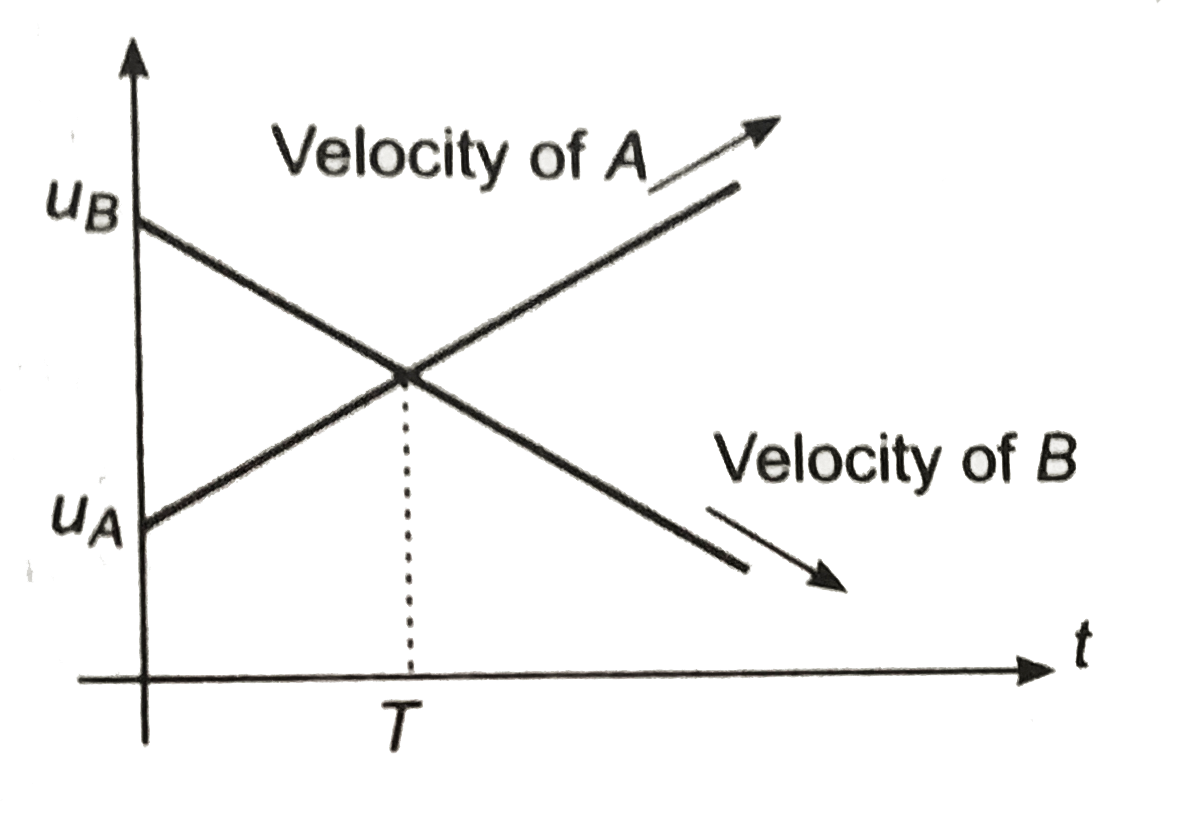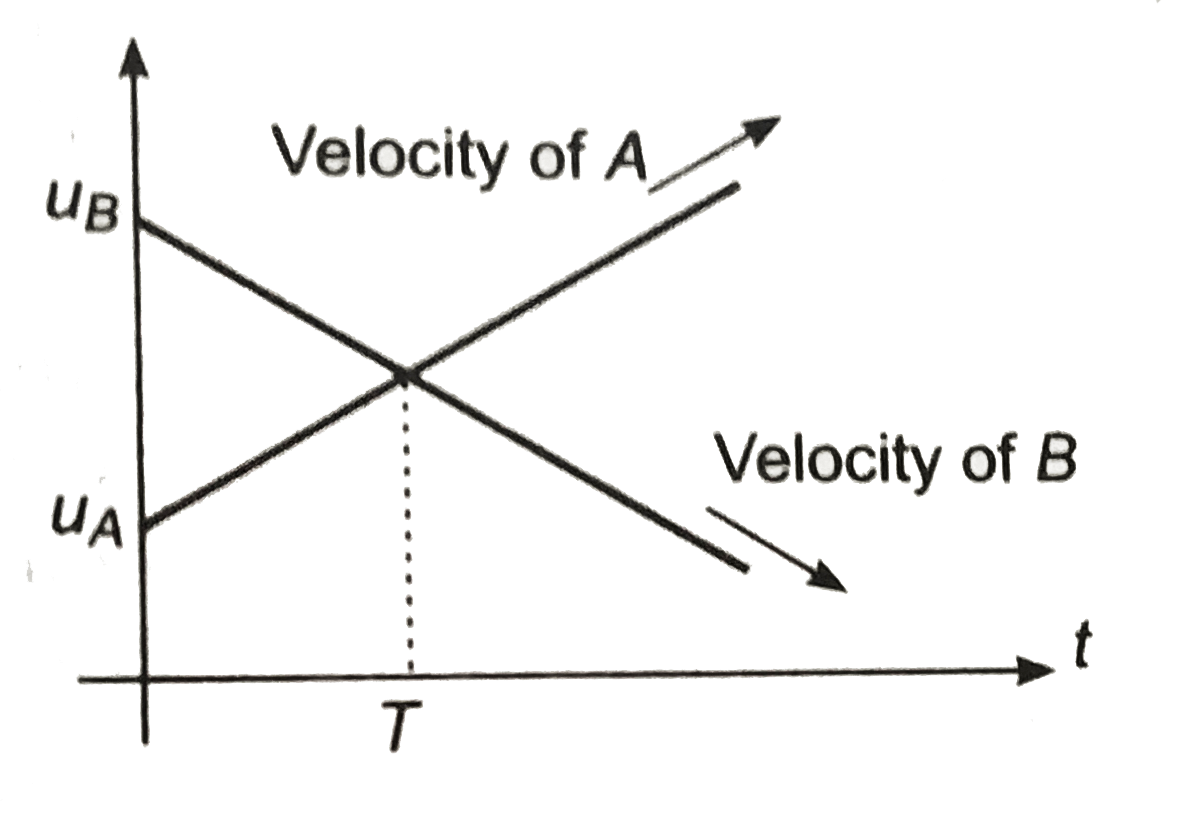P, Q and R are three balloons ascending with velocities U, 4U and 8U respectively. If stones of the same mass be dropped from each, when they are at the same height, then
They reach the ground at the same time
Stone from P reaches the ground first
Stone from R reaches the ground first
Stone from Q reaches the ground first
The correct Answer is:B
Step by step video, text & image solution for P, Q and R are three balloons ascending with velocities U, 4U and 8U respectively. If stones of the same mass be dropped from each, when they are at the same height, then by Physics experts to help you in doubts & scoring excellent marks in Class 11 exams.
Topper's Solved these Questions
- BOOK - ERRORLESS CHAPTER - MOTION IN ONE DIMENSIONEXERCISE - Critical Thinking19videos
MOTION IN ONE DIMENSION
- BOOK - ERRORLESS CHAPTER - MOTION IN ONE DIMENSIONEXERCISE - Graphical Questions23videos
MOTION IN ONE DIMENSION
- BOOK - ERRORLESS CHAPTER - MOTION IN ONE DIMENSIONEXERCISE - Relative Motion13videos
MOTION IN ONE DIMENSION
- BOOK - ERRORLESS CHAPTER - GRAVITATIONEXERCISE - SET27videos
GRAVITATION
- BOOK - ERRORLESS CHAPTER - MOTION IN TWO DIMENSIONEXERCISE - Exercise319videos
MOTION IN TWO DIMENSION
Similar Questions
Three stones P, Q and R are projected vertically up with velocities u, 4u and 8u respectively from the top of a tower simultaneously Then
(A) All stones reach the ground simultaneously
(B) stone P reaches the ground first
(C) stone Q reaches the ground first
(D) stone R reaches the ground firstView SolutionTwo bodies P and Q are projected with velocites √2 u and u respectively. They cover the same horizontal distance. If body P is projected at 15∘ will the horizontal, then calcu late the angle of projection of body Q.
View Solution
Knowledge Check
- Question 1 - Select One
B1,B2, and B3, are three balloos ascending with velocities v, 2v, and 3v, respectively, If a bomb is dropped from each when they are at the same height, then.
ABomb from B1 reaches ground firstBBomb from B2 reaches ground firstCBomb from B3 reaches ground firstDThey reach the ground simultaneously - Question 2 - Select One
From a balloon, ascending with a velocity of 981 cm/sec., a stone is let fall and reaches the ground in 10 seconds. The height of balloon when the stone was dropped was
A392.4 mB400 mC450 mDNone of these - Question 3 - Select One
The velocities of three molecules are 3u,4u and 5u, respectively. Then, rms speed will be
A√503vB√52vC72VD52V
A body dropped from a height h with an initial speed zero, strikes the ground with a velocity 3kmh. Another body of same mass is dropped from the same height h with an initial speed −u'=4km/h. Find the final velocity of second body with which it strikes the ground
View SolutionA stone is dropped from a height h. It hits the ground with a certain momentum P. If the same stone is dropped from a height 100% more than the previous height, the momentum when it hits the ground will change by
View SolutionA stone is dropped from a height h. It hits the ground with a certain momentum P. If the same stone is dropped from a height 100% more than the previous height, the momentum when it hits the ground will change by
View SolutionA situation is shown in which two objects A and B start their motion from same point in same direction. The graph of their velocities against time is drawn. uAanduB are the initial velocities of A and B respectively. T is the time at which their velocities become equal after start of motion. You cannot use the data of one question while solving another question of the same set. So all the questions are independent of each other.
7. After 10 s of the start of motion of both objects A and B, find the value of velocity of A if uA=6ms−1,uB=12ms−1 and at T velocity of A is 8ms−1andT=4s
 View Solution
View SolutionA situation is shown in which two objects A and B start their motion from same point in same direction. The graph of their velocities against time is drawn. uAanduB are the initial velocities of A and B respectively. T is the time at which their velocities become equal after start of motion. You cannot use the data of one question while solving another question of the same set. So all the questions are independent of each other.
6. Let vAandvB be the velocities of the particles A and B respectively at the moment A and B meet after start of the motion. If uA=5ms−1anduB=15ms−1, then the magnitude of the difference of velocities vAandvB is
 View Solution
View Solution

